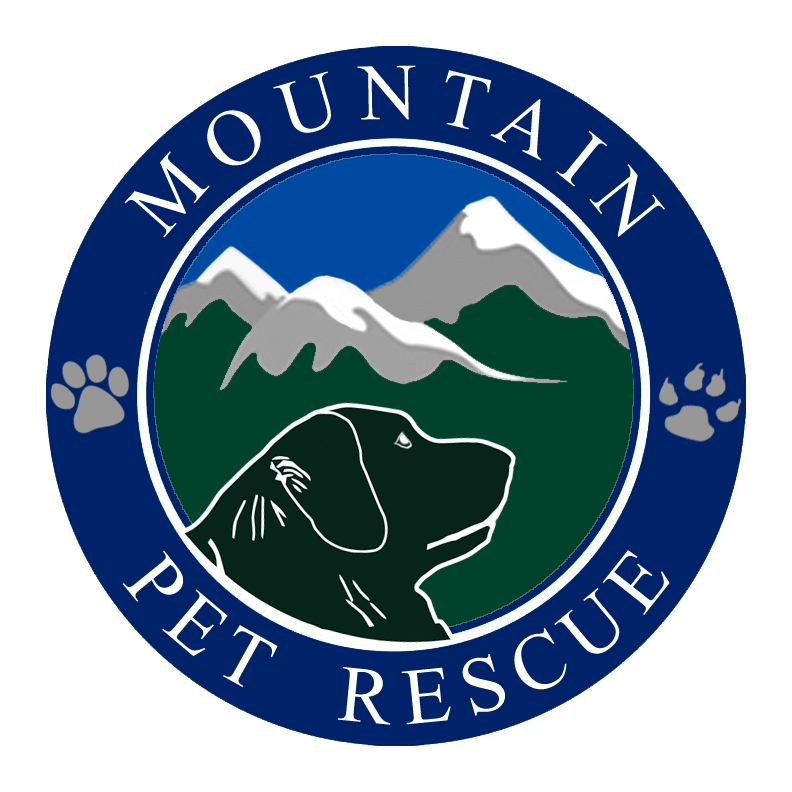The Importance of Puppy Socialization
Puppies begin learning at birth and their brains appear to be particularly responsive to learning and retaining experiences that are encountered during his first 16 weeks of life. This means that if you bring a young foster puppy or litter into your home you have a responsibility to assist in providing early learning and socialization experiences with other puppies/dogs, children/adults and with various environmental situations during this period from to 16 weeks.
Experiences and Exposure
The experiences a puppy has during the first 16 weeks of his life will have a profound and unchangeable impact on his personality and social outlook for the rest of his life. This is called the critical socialization period because the effects of experiences (or lack of experiences) during this period change later. The dog (and future owner) will live with the effects of the critical socialization period forever. This is why it is so important for you to go that extra mile if you have decided to foster a young pup or litter.
Areas of Socialization
So what makes for a good canine citizen, and in turn, what are some of the more common reasons that dogs are relinquished by their owners? A good canine citizen is a dog that you can take anywhere, at any time, that will feel confident in a variety of environments, and have the ability to listen and respond to his owner even under potentially stressful situations. This goes way beyond the common sit, down and stay commands. It is important that our puppies and future adult dogs are well socialized and comfortable around unfamiliar dogs of different breeds and sizes, a wide variety of people including babies, toddlers, screaming children, different races, men wearing hats, women wearing sunglasses.
A dog will ideally be confident traveling in a vehicle, remain calm through a thunderstorm, have the ability to self soothe and selfamuse, and not get stressed being left alone. In addition he should feel confident walking on different surfaces and should be exposed to a variety of loud noises such as common household appliances, noisy trucks, door bells. And last but not least, should become used to being touched by a human on all different parts of the body including ears, feet and tail. Be accepting of dogs and humans close to them when they eat or play with toys, and having their food, treats and toys taken away from them temporarily.
Common Relinquishment Reasons we hope to avoid:
- Aggressive with other dogs
- Aggressive with certain people, men or children
- Food and/or Toy Aggression which has led to a bite
- Separation Anxiety
- Chasing cars, bikes, joggers
- Fearful/anxious behavior that leads to destruction of the home
Remember to not overwhelm your puppy. The point of effective socialization is to introduce your puppy to the world via positive experiences. If your puppy gets agitated or stressed during any of the circumstances stop the exercise and re-introduce the next day by increasing the distance or decreasing the time, whichever is most relevant.
So now that you know how important effective socialization is to creating a well-socialized dog that will be cherished as “a great family pet” that “they can trust” to “go anywhere” with them, its time to start creating varied, positive social experiences that will go a long way towards raising a comfortable, confident puppy that can thrive in many different environments and improve his chances of never experiencing abandonment.
Tips for creating effective socialization around your home
provide you puppy/ies with a variety of toys of all different materials and noises provide your puppy/ies a variety of play areas with different surfaces, laminate, tile, linoleum, plastic slides, carpeted stairs create positive associations with noisy household appliances such as vacuums by playing or feeding during operation invite as many people over as you can (not all at once) to play and spend time with your puppies. Men wearing baseball caps, hats, sunglasses and small children (1-3 years) are the most commonly feared. Iinvite friends or family with friendly adult dogs into your home to play with the puppy – fearful or unsocialized dogs are not recommended.
Other areas of puppy training that should be done around your home (these exercises are extremely useful if your puppy is going to live with small children at some point in his life):
- Gentle body handling of the paws, ears and tail
- Very gentle patting of the head or back end while he eats for very short periods
- Asking for the puppy to give up his toy or treat for a few seconds during play (remember to always give it back to him)
- Take away his food bowl while eating for a couple of seconds and then give it back
- Place your hands over his food bowl while eating
Tips for creating effective socialization outside of your home
Take frequent short trips in your vehicle, preferably with your puppy safe and contained in a crate or seatbelt harness after his first round of vaccinations, take your puppy to clean and safe unfamiliar environments (dog parks are not recommended until fully vaccinated).
